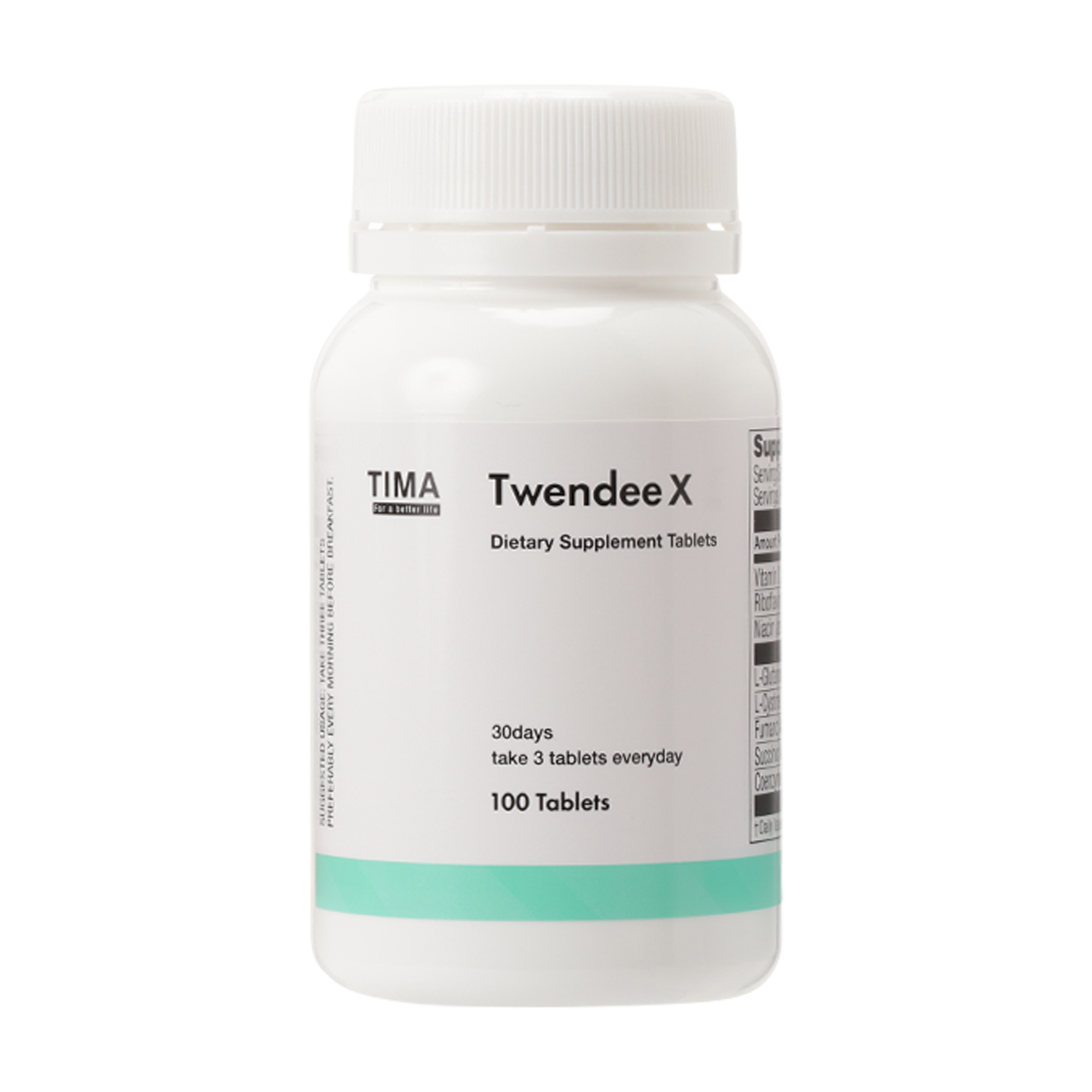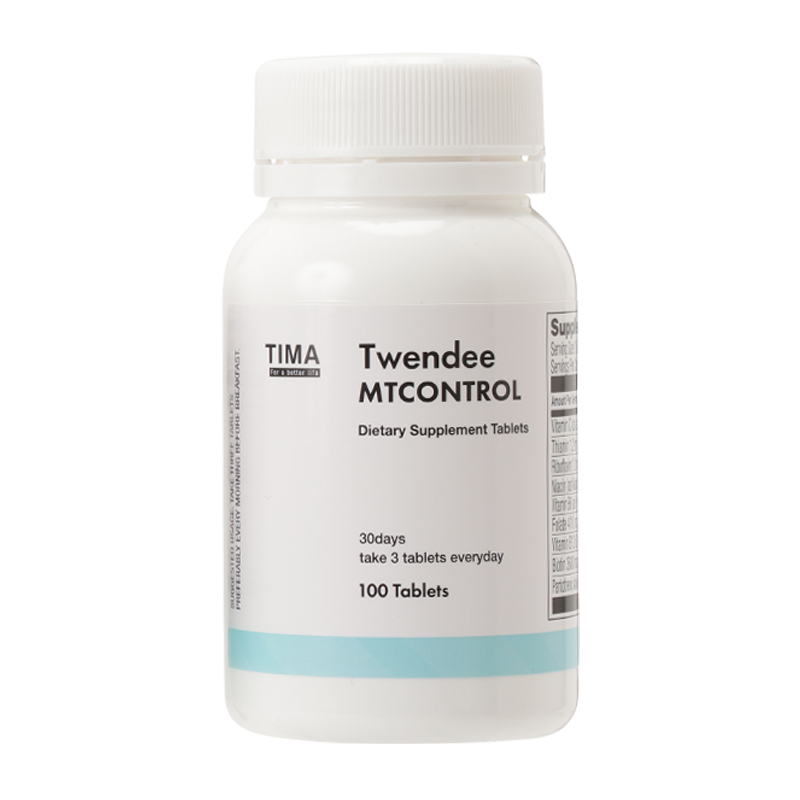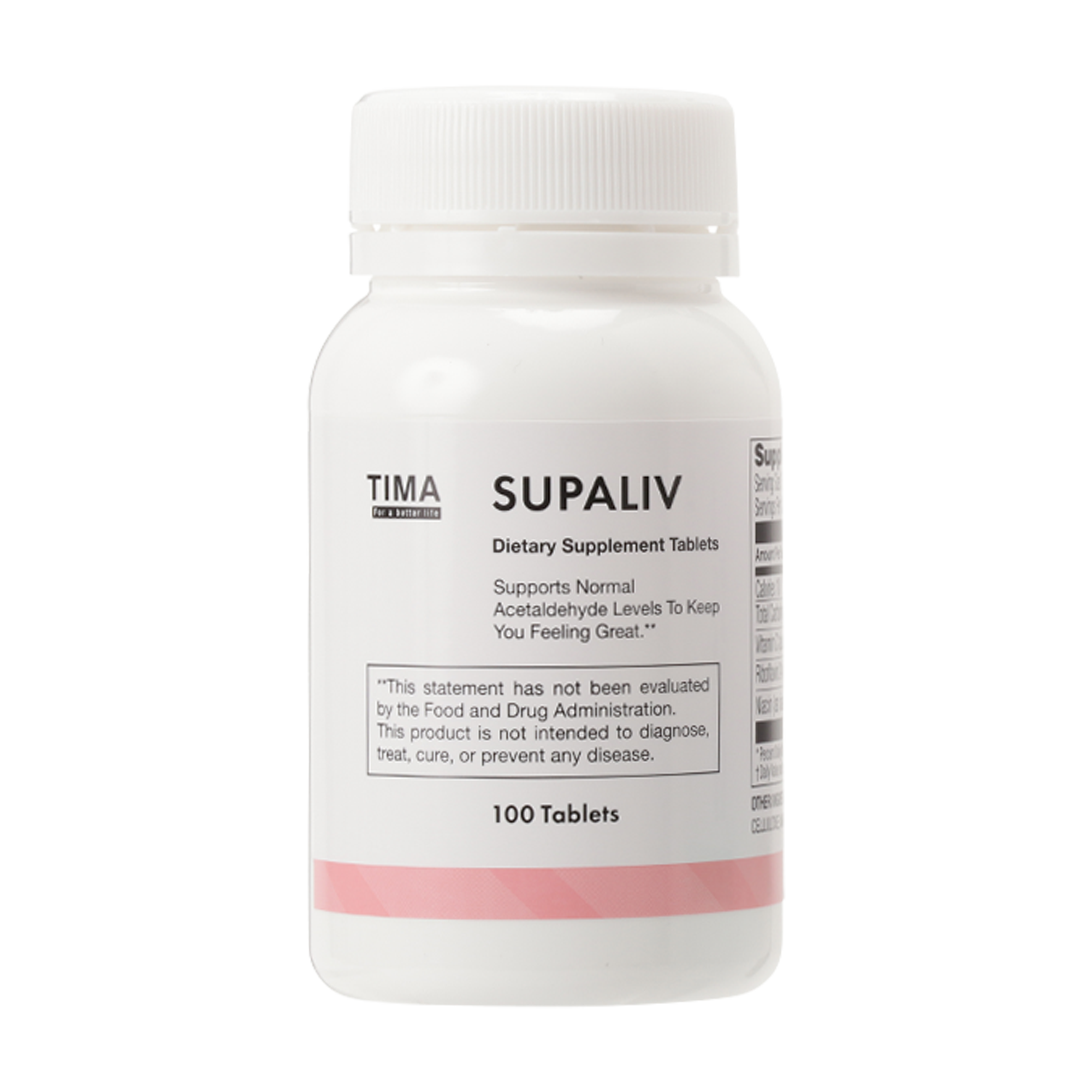Thesis on Oxidative Stress and "liver disease"
- Paper title
- Role of oxidative stress and molecular changes in liver fibrosis: a review.
- Abstract summary
- Oxidative stress mediates the progression of fibrosis.
- Authors
- V. Sánchez-Valle, N. Chávez-Tapia, M. Uribe, N. Méndez-Sánchez
- Journal
- Current medicinal chemistry
- Semantic Scholar URL
- https://semanticscholar.org/paper/fc2593240ca7f0fe17cfb68b9dff11c0a6bc46a6
- Abstract
-
Liver fibrosis represents a health problem with significant morbidity and mortality that affects 100 million people worldwide. It is a final pathway to several chronic liver diseases and is characterized by excess collagen and accumulation of extracellular matrix in response to chronic hepatocellular damage. Clinical and experimental data suggest that oxidative stress (OS) mediates the progression of fibrosis, and that OS-related molecules may act as mediators of molecular and cellular events implicated in liver fibrosis. The generation of reactive oxygen species (ROS) plays an important role in producing liver damage and initiating hepatic fibrogenesis. OS disrupts lipids, proteins and DNA, induces necrosis and apoptosis of hepatocytes and amplifies the inflammatory response. ROS also stimulate the production of profibrogenic mediators from Kupffer cells and circulating inflammatory cells and directly activate hepatic stellate cells, resulting in the initiation of fibrosis. Advances in understanding the mechanisms involved in fibrosis have identified new molecular targets with therapeutic potential for more targeted and personalized control of this disease. This review will highlight recent concepts in OS, antioxidants and the molecular pathways involved in hepatic fibrosis.








